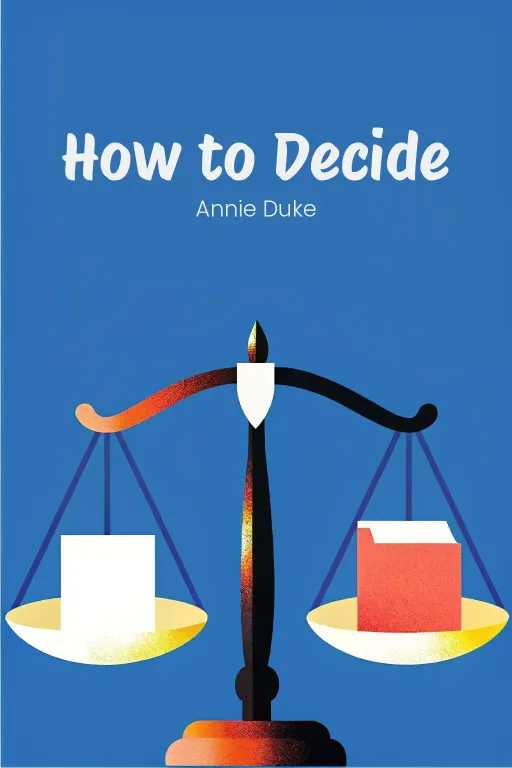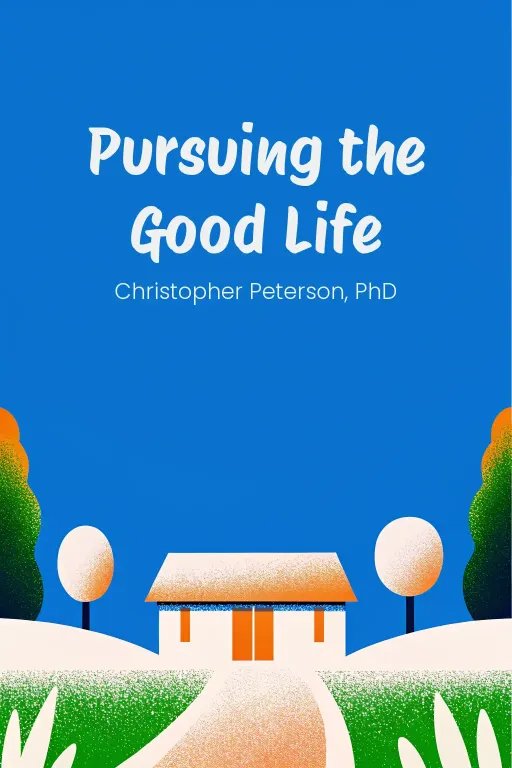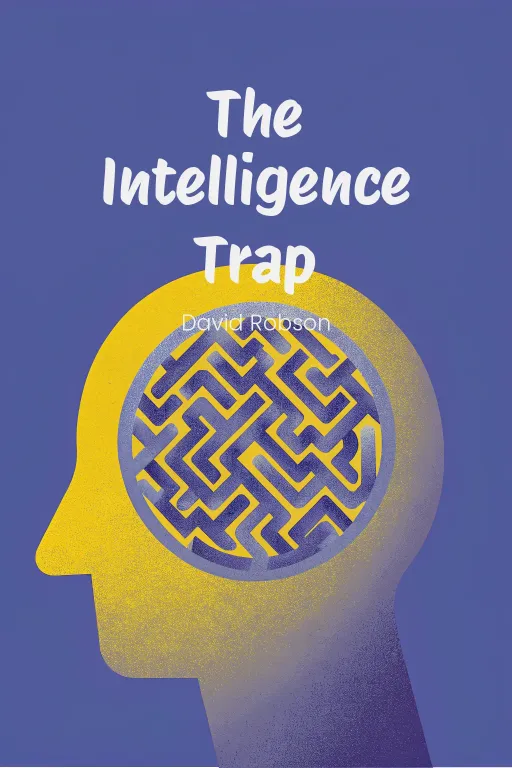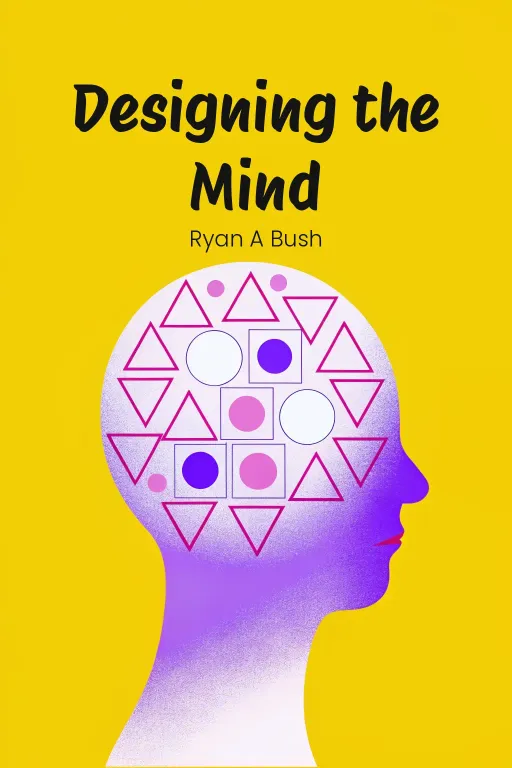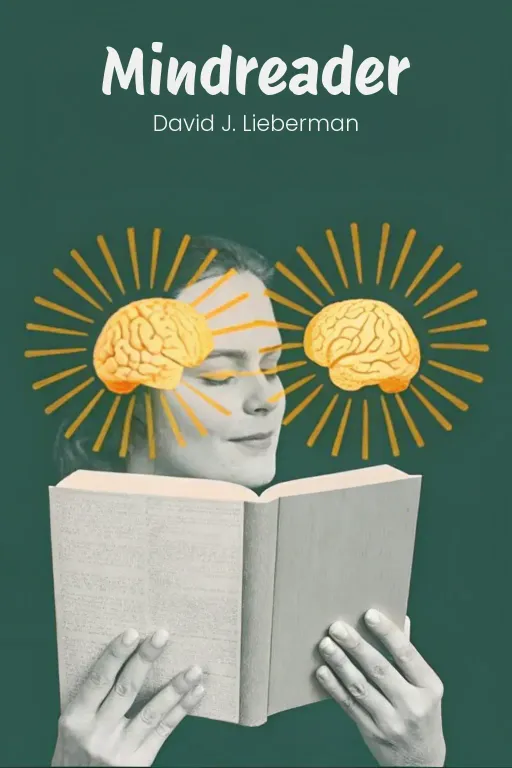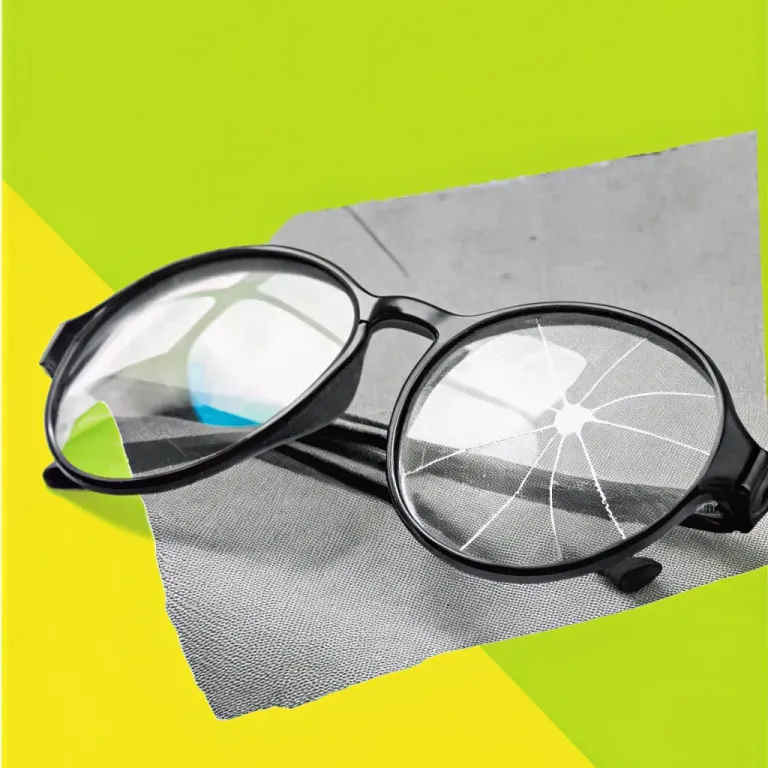
Bias Blind Spots: See Your Hidden Mistakes
Podcast by Five Percent Happier with Autumn
Why Your Memory Is Mostly Fiction, Why You Have Too Many Friends on Facebook, and 46 Other Ways You’re Deluding Yourself
Bias Blind Spots: See Your Hidden Mistakes
Autumn: Today we're diving into cognitive biases – those hidden mental shortcuts and errors influencing our thinking in ways we rarely notice, often leading us completely astray without us even realizing it. Autumn: So, what’s the problem here? It’s the gap between how rational we think we are, especially busy professionals juggling decisions, and how irrational we often act. Hidden biases constantly trip us up. Think about misjudging a colleague's email tone, assuming they're difficult when they're just swamped. Or sticking to a flawed plan just because you've already invested so much? These aren't random mistakes; they're predictable mental glitches operating beneath our awareness, leading to poor decisions and skewed judgment, all while we feel perfectly logical. Autumn: The solution isn't about becoming perfectly rational – that's impossible. It starts with crucial awareness. Recognizing these glitches gives you power. For instance, why do dramatic but rare risks, like shark attacks, loom larger than common ones like driving dangers? That's the availability heuristic – vivid, easily recalled examples warp our sense of reality. And have you noticed how we actively seek info that proves us right, maybe scrolling for news that confirms our views while ignoring opposing facts? That’s classic confirmation bias in action, reinforcing our bubbles. Even the first piece of information we hear, like an initial price quote, can powerfully anchor our judgment, shaping all subsequent decisions related to it without us realizing its grip. Then there’s how we judge others versus ourselves. When someone cuts you off in traffic, they're a jerk; when you do it, it's because you're late, right? That's the fundamental attribution error – blaming their personality but our circumstances. Understanding these patterns – availability, confirmation, anchoring, attribution error – isn't just about spotting them in others, it requires the humility to see them in ourselves. It lets you pause and ask: Is this really me thinking, or is a bias pulling the strings? Developing this habit of questioning your certainty is key to clearer thinking. Autumn: Okay, here’s your immediate takeaway. Next time you feel absolutely certain about something, especially during a disagreement or when evaluating news, pause. Ask yourself: 'What evidence might I be ignoring here? Could confirmation bias be making me favour this conclusion?' Just asking that question, challenging your certainty, is your first step toward thinking clearer today. Catch you next time on Five Percent Happier.




